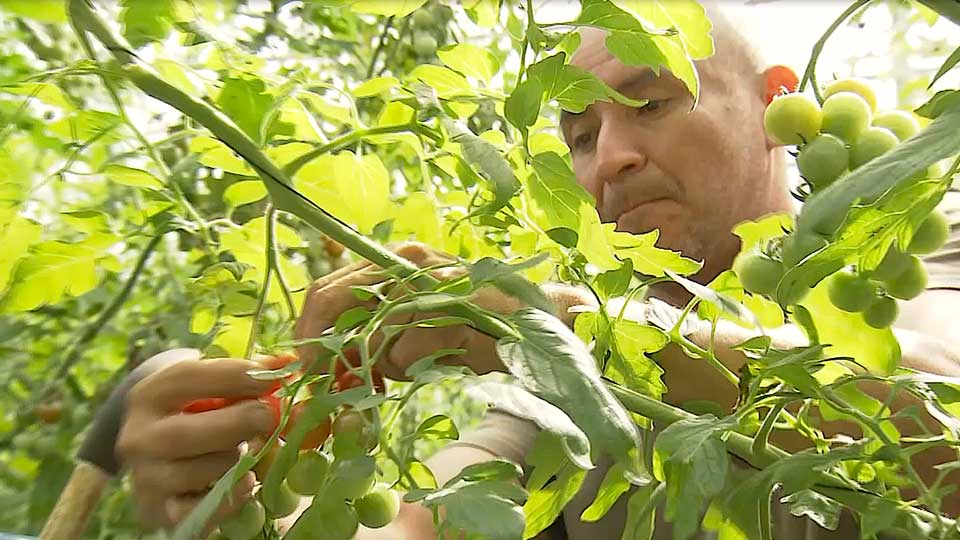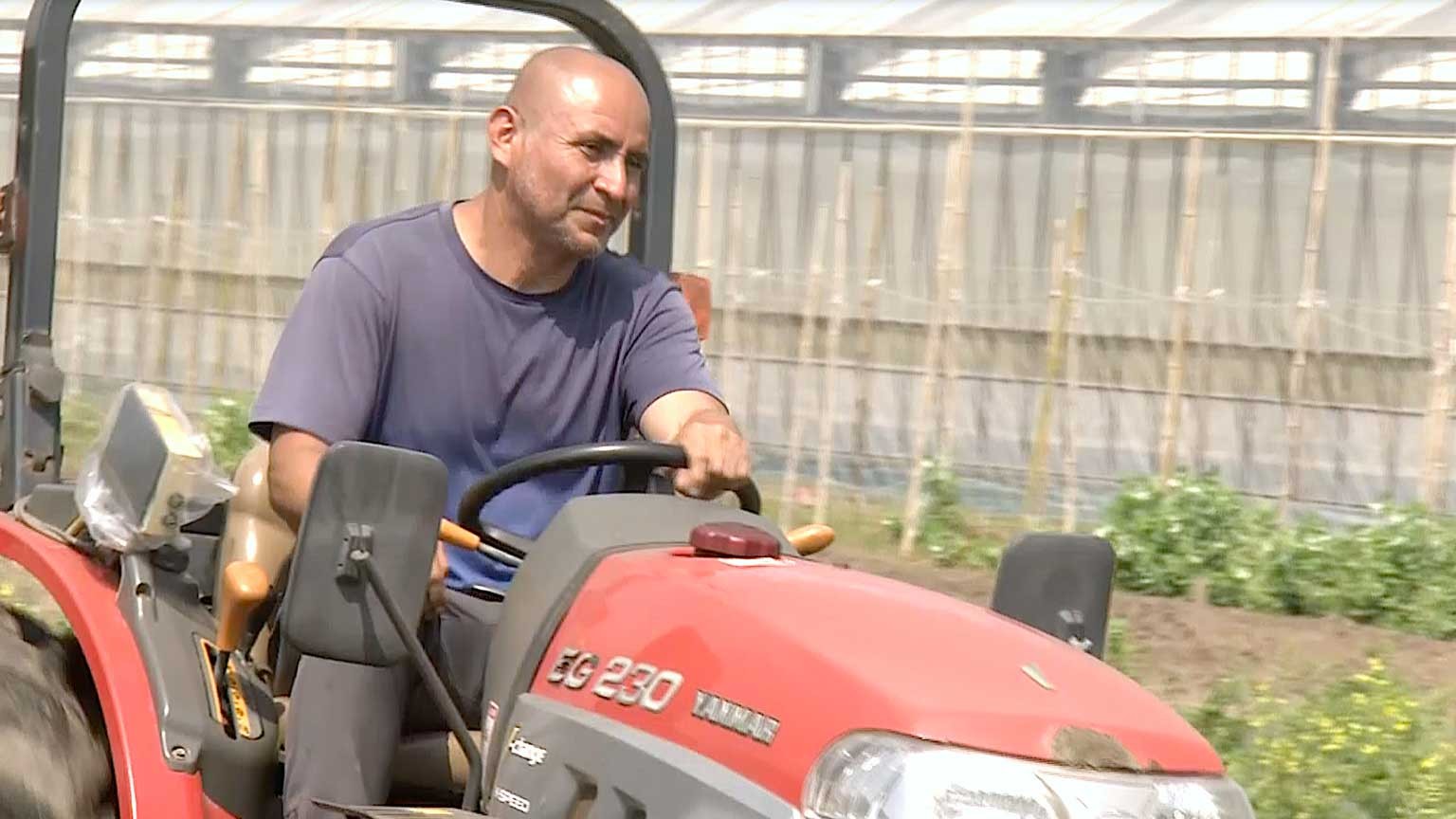Victor Zambrano Rumayna farms 15 hectares of land in the city of Toyokawa, Aichi Prefecture, growing tomatoes and cabbages. In his 12 years working the soil, he has learned that patience pays off.

Settling down in Japan
Zambrano came to Japan 30 years ago. In 2006, he married a Japanese woman and had two children.

Noticing the aging workforce in rural areas, he decided there were new opportunities awaiting in agriculture.
"I thought my generation's time is coming because older people will be retiring shortly," Zambrano says. "I was sure that I could make money from large-scale farming."
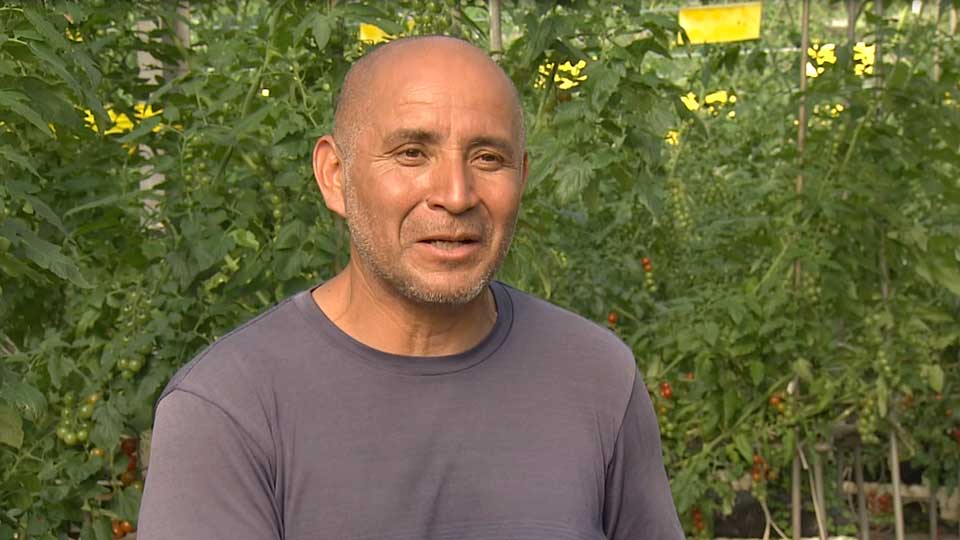
Japan has a serious labor shortage in places such as nursing homes, construction sites, and factories. Recruit Works Institute, a think tank owned by a major Japanese staffing agency, forecasts that by 2040 Japan will face a shortfall of about 11 million workers.
A government survey shows the number of farmers in Japan dropped by over 360,000 between 2010 and 2020, while foreign-born farmers doubled. Not everyone welcomed this shift.
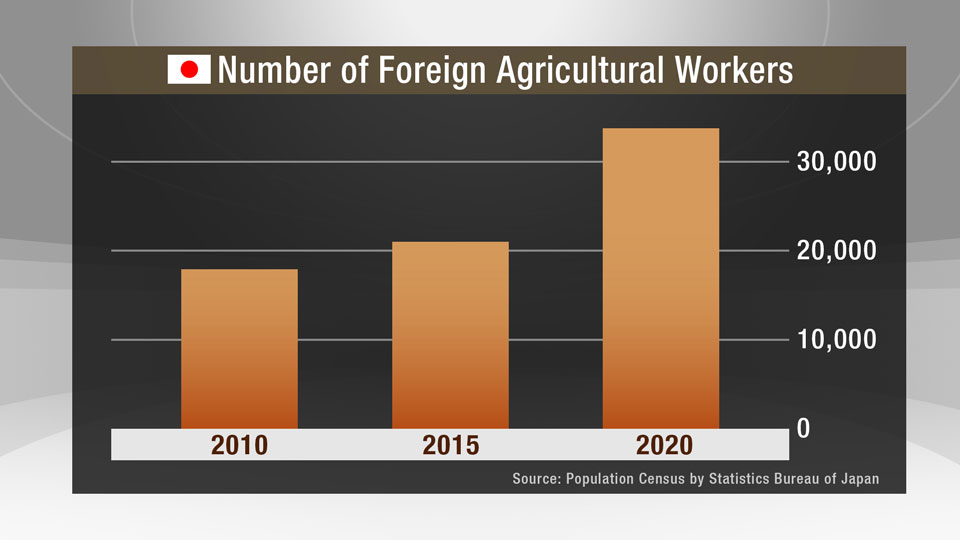
Struggling to be accepted
When Zambrano started out, he struggled to find land to rent. He says the aging farmers looked at him with suspicion. They told him not to step on their land and some threatened to call the police.
Finally, he secured a 500-square-meter plot of land, transforming it from dense forest to lush farmland. It was hard work, but he says it was nothing like the Amazon jungle of his native Peru.
This convinced locals of his dedication and they offered to rent him more land.
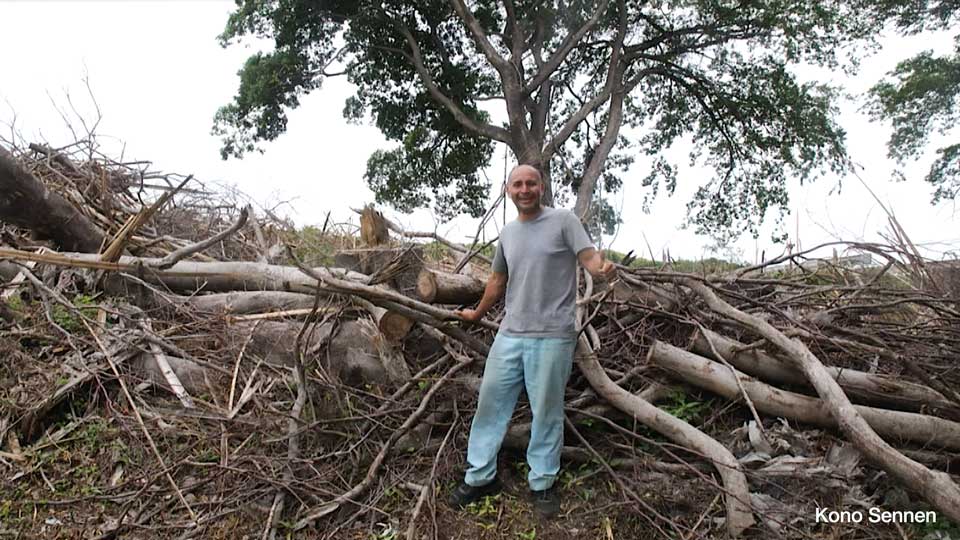
Community impact
Today, Zambrano is a leading farmer in the area, employing 19 people. Most are technical trainees from Indonesia.
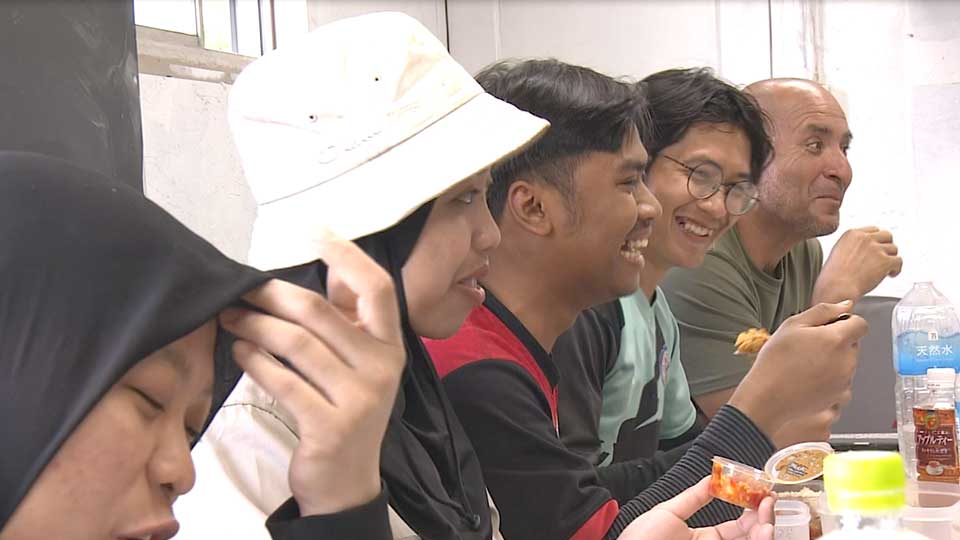
He tried hiring Japanese workers but couldn't find enough. He says he aims to provide a good workplace, developing skills, and offering long-term opportunities.
Sasaki Yuji, Zambrano’s business partner, sells farm machinery. He says the Peruvian has made a positive impact.
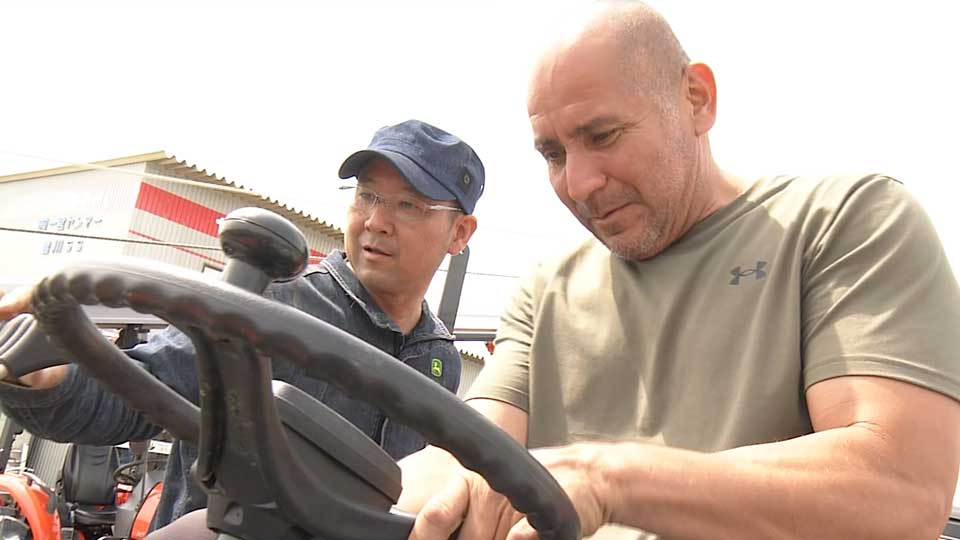
"It seems like the other farmers here are now competing to catch up with him," says Sasaki. "I think the entry of foreigners into agriculture is a good sign for the industry."
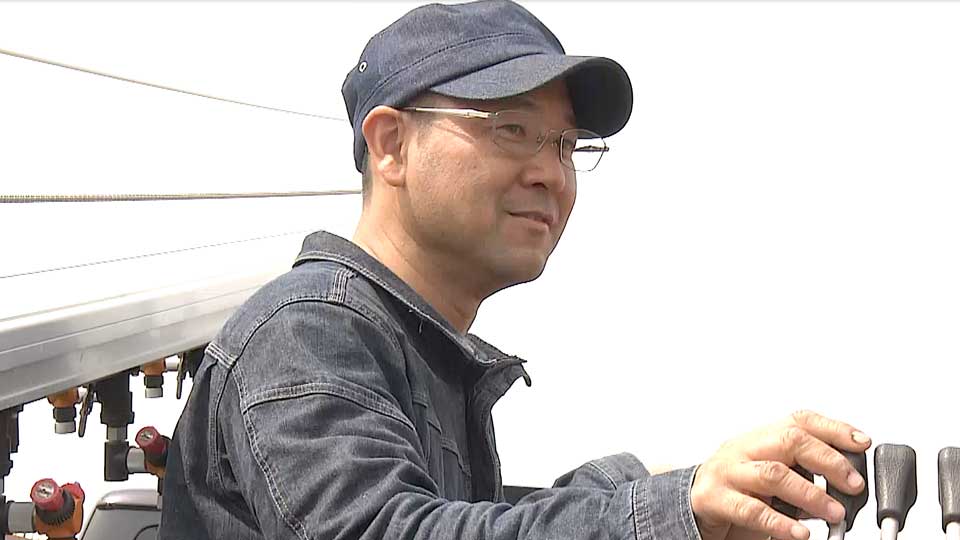
Future prospects
Local farmers, like 72-year-old chrysanthemum grower Kobayashi Masahiko, now see Zambrano as the future. Kobayashi's family farm struggled until Zambrano revitalized their surplus land.
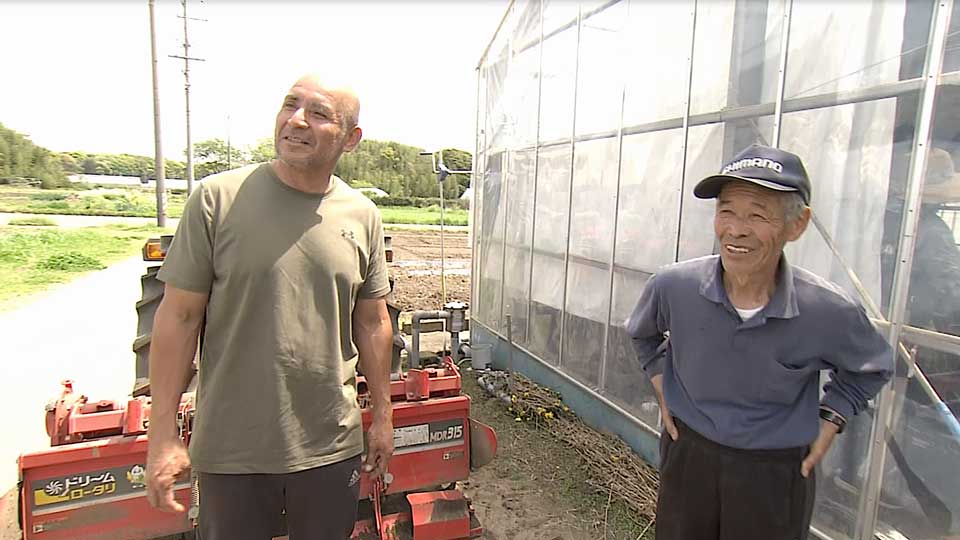
"We could make a living if we hired people and operated like Zambrano. The era of the family farm has come to an end," Kobayashi says.
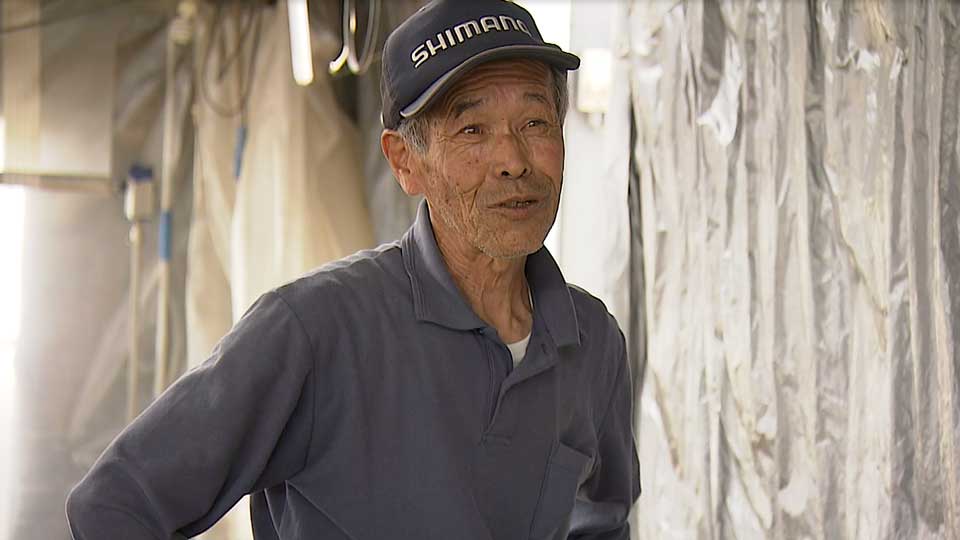
Zambrano wants to expand further. With local support, he has shown that new arrivals can put down roots in traditional sectors. And like his very first plot of land, he is helping create fertile ground for an agricultural revival.
Farming is just one area in which Japan faces a serious labor shortage. Nursing homes, construction sites, and factories all struggle to find staff. Recruit Works Institute, a think tank attached to Japanese staffing agency, forecasts that by 2040 Japan will face a shortfall of about 11 million workers.
Japan must compete with other countries also contending with declining populations to attract foreign workers in the coming decades.
The Japanese government plans to replace a short-term technical trainee program with a new scheme that provides a pathway to a longer stay in Japan, including the opportunity for permanent residency.
Japanese Prime Minister Kishida Fumio has said his government hopes to make Japan a more welcoming country for foreign workers as it tries to address the looming labor shortage.
People like Zambrano represent those future aims.
